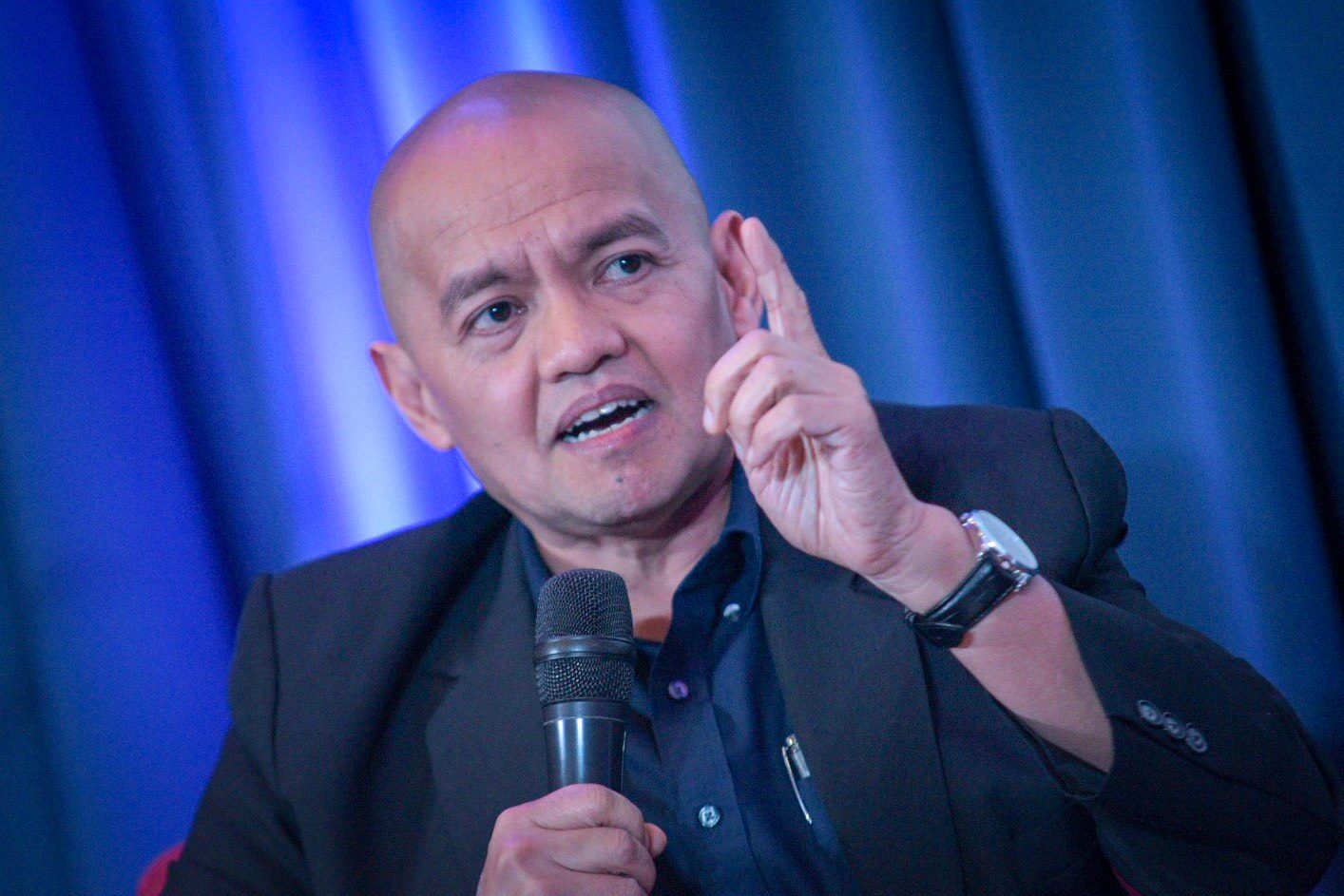SUMMARY
This is AI generated summarization, which may have errors. For context, always refer to the full article.

MANILA, Philippines – The decision of the Supreme Court to oust Chief Justice Maria Lourdes Sereno through a quo warranto petition will leave the High Court vulnerable, Associate Justice Marvic Leonen said on Friday, May 11.
In an impassioned dissenting opinion, Leonen said the petition creates “a precedent that gravely diminishes judicial independence.” (READ: DOCUMENT: SC Justice Leonen’s dissenting opinion on Sereno ouster)
“Even if the Chief Justice has failed our expectations, quo warranto, as a process to oust an impeachable officer and a sitting member of the Supreme Court, is a legal abomination,” Leonen wrote.
Calida now has “awesome powers”
Leonen also said the decision has rendered the Supreme Court “subservient to an aggressive Solicitor General” and “unnecessarily vulnerable to powerful interests.”
He also called Solicitor General Jose Calida “a repeat litigant representing the current political administration, far more than any other constitutional officer.”
Leonen said the petition “should have been dismissed outright” and “does not deserve space in judicial deliberation within our constitutional democratic space.”
The petition is grounded on Sereno’s failure to submit several of her Statements of Assets, Liabilities, and Net Worth (SALNs) when she was applying for the post of chief justice.
“The determination of integrity is so much more nuanced than merely submitting documents like Statement of Assets, Liabilities and Net Worth or clearances from government agencies,” he wrote, echoing what he had earlier said during oral arguments on the petition.
Although SALNs play “a critical function in eliminating corruption,” Leonen said they are “merely a tool in determining if an applicant possesses integrity and is not the actual measure of integrity.”
Moreover, Leonen asserted that only impeachment can remove Sereno from office.
“Clearly, the power to remove an impeachable official…is an exclusive function of the House of Representatives and the Senate.”
Can of worms
Leonen enumerated several implications of granting the quo warranto petition.
He said the move will affect the principle of professional collegiality in courts. For instance, a trial court judge can now oust a colleague from another branch or another judicial region through a quo warranto petition.
Leonen also said that security of tenure of justices who continuously express dissent are likewise on the line.
Leonen also said the decision “opens the way to reviewing actions of the JBC [Judicial and Bar Council] and the President.”
The move also effectively required that all applicants for Chief Justice must now submit all of their SALNs.
While Leonen slammed his colleagues for Sereno’s ouster, he indicated that she should still be held accountable.
“This dissent should not be read as shield for the respondent to be accountable for her actions,” Leonen said.
“In her efforts to save her tenure of public office she held as privilege, this nuance relating to this court’s role in the constitutional democracy may have been lost on the respondent. She may have created too much of a political narrative which elided her own accountability and backgrounded her responsibilities as a member of this Court,” Leonen added.
Leonen also said that it was wrong for Sereno to conflate the issue as an attack to the Judiciary. He said Sereno should have been more “careful” that the “facts before her may not be the entire reality.”
“The conclusion to hold her accountable was an attack on the entire judiciary itself have been a judgment that should have been carefully weighed,” he said.
A torch of light
For Leonen, all hope is not lost.
“This is not the end for those who fight for judicial independence. This is not the end for those who articulate a vision of social justice against the unjustness of the politically dominant.”
“Those who choose to make personal sacrifices leave the most important lesson that can etch into our history that can be emulated by present and future Justices of this Court: a soul where the genuine humility of servant leadership truly resides. – Rappler.com
Add a comment
How does this make you feel?
There are no comments yet. Add your comment to start the conversation.